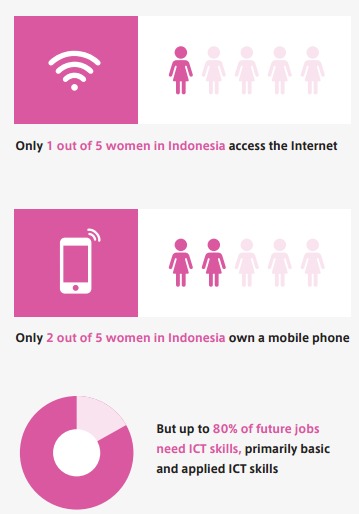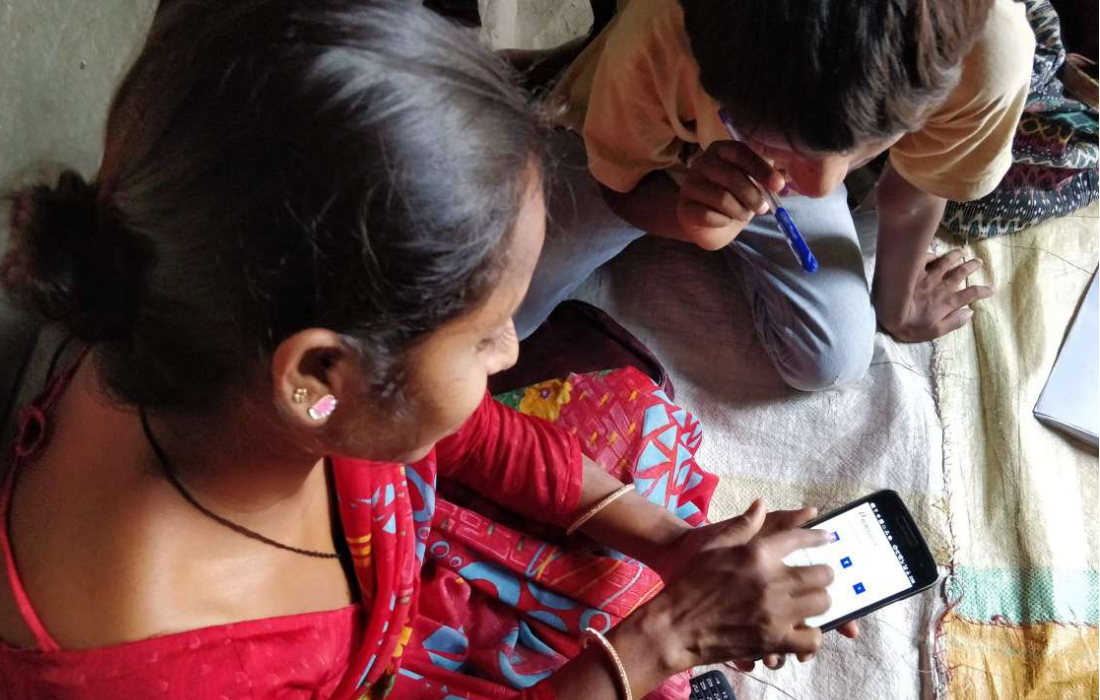Dalberg uses cookies and related technologies to improve the way the site functions. A cookie is a text file that is stored on your device. We use these text files for functionality such as to analyze our traffic or to personalize content. You can easily control how we use cookies on your device by adjusting the settings below, and you may also change those settings at any time by visiting our privacy policy page.
Advancing Women’s Empowerment
In Southeast Asia, women are employed predominantly in sectors and jobs that require few or no skills in information and communications technologies (ICT). But, as the ongoing digital revolution transforms the region, many of their jobs are at risk of being automated. The manufacturing and services sectors are becoming digitized. As a result, traditional, low-skilled jobs are declining, and blue-collar jobs are becoming ‘grey-collar.’

Looking forward, it is expected that most jobs will require at least basic ICT skills, and women are likely to be left behind in the future workforce because there is little momentum to help them become digitally savvy. Because technology is considered a male domain, girls and women are discouraged from attempting to access ICT training or employment. Those girls and women who do seek to acquire ICT skills must overcome time poverty, mobility constraints, and limited family investment. Successful graduates of training program who seek employment must then combat discriminatory hiring practices. The few women who reach the workplace find and face especially unattractive career prospects with lower wages and fewer promotions.
Three parties can contribute to supporting girls’ and women’s ICT skills: policymakers, philanthropies, and private sector businesses. Policymakers can explore new approaches to enable girls and women to access the Internet and ICT tools and training. They can also support gender equality policies in the workplace. Philanthropies can provide research and knowledge sharing to dismantle gender stereotypes around technology, improve ICT training for women, and leverage existing networks to link ICT trainers and employers to ease women’s transition into the workforce. Private sector businesses can provide women basic and applied ICT skills through existing jobs and supply chains, create remote work or telecommuting options, highlight successful women working in ICT and, most importantly, partner with and recruit more women from ICT training programs.
Concerted and coordinated action by all three parties can ensure that girls and women are equipped with skills to enter and remain in the future workforce, become economically empowered and help accelerate broader economic growth in Southeast Asia.

















